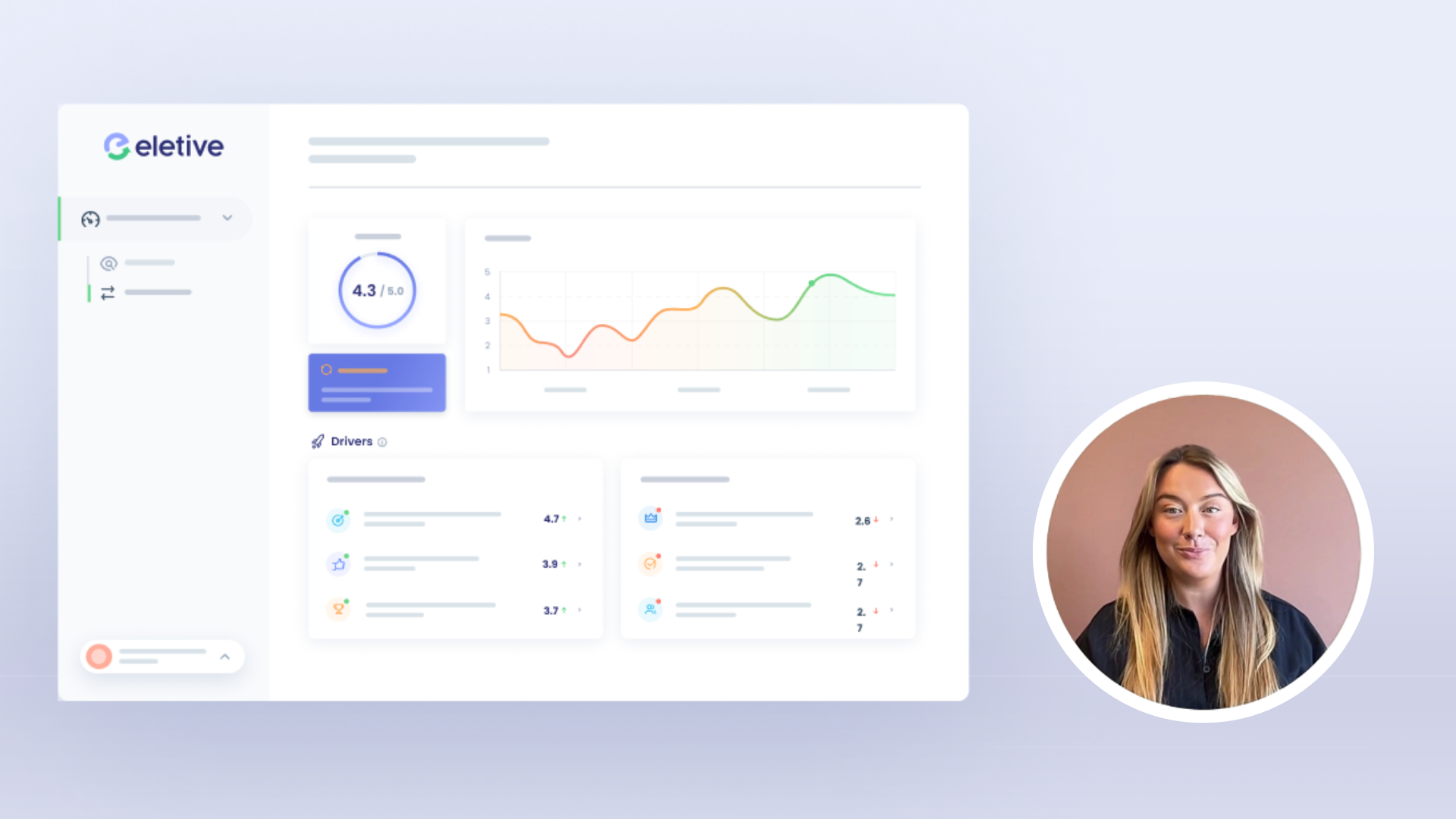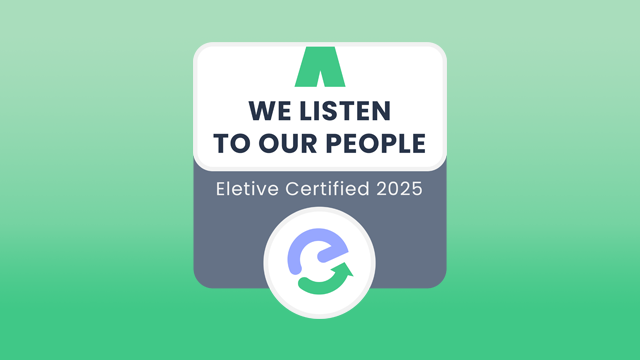In a landscape where talent is both the driving force and the competitive edge, the significance of a trusted and transparent employer brand cannot be overstated.
In this blog post, we delve into the insights gathered from a webinar with John Faulkner-Willcocks, Co-founder of the Open Culture Movement. During Eletive's event People Success & the Future of Work, John spoke about the importance of transparency in employer branding.
In a landscape where talent is both the driving force and the competitive edge, the significance of a trusted and transparent employer brand cannot be overstated.
In this session, John delves into the transformative impact of transparency on employer branding, candidate & people experience design, exploring why it’s not just a trend but a strategic imperative. Watch the full session below:
Steps towards building an authentic and trusted employer brand
We live in a world where companies preach to candidates and employees about bringing "your whole self to work," yet the employer brand doesn't. This hypocrisy erodes trust and undermines hiring, growth, and retention.
Learn about the steps you can take towards building an authentic, trusted employer brand that attracts, repels and retains the right talent for your company.
With a wealth of experience across People, Product, and Employer Branding, John helps organisations level up their candidate and people experience by embracing a transparency-first approach to their people strategy. Employer branding strategy: a complete guide
Example of a transparent employer brand
Transparency-focused employer branding is characterised by companies that prioritise openness, accountability, and continuous improvement. These companies operate by:
Providing detailed information, beyond the norm, on company culture, job responsibilities, and salary ranges to candidates, even before they apply for a position.
Offering transparent communication channels and feedback mechanisms to employees, such as open-door policies, regular check-ins, and anonymous surveys.
Sharing insights into how they build their culture, including their failures, successes, and learnings. - Giving back to the community.
By providing clarity and transparency around how they attract, hire, retain, and develop their talent, these companies build trust with both candidates and employees. They are constantly exploring new ways to enhance transparency and pioneer innovative methods to present themselves with integrity and authenticity, setting a new standard in their industries.
Such companies are committed to driving change within their industries and peer groups, always upholding the high standards they set for themselves in terms of transparency. They are unafraid to challenge the status quo and stand out from the crowd as early adopters of a transparency-first approach to company-building.
A holistic approach to transparency
From CEOs to interns, everyone in an open and transparent company is aligned on how work gets done, reflecting their commitment to transparency as a cornerstone of their employer brand and culture. By embodying a culture of openness and accountability, these companies create happier, more engaged employees and stronger, more sustainable businesses.

























:format(jpeg)/f/288714721386412/3f8ed85fc4/blog-the-importance-of-transparency-in-employer-branding-hero_media.jpg)
:format(png)/f/288714721386412/70a5012076/blog-eletive-secures-growth-investment-from-accel-kkr-hero_media.png)
:format(jpeg)/f/288714721386412/a906f14dff/blog-hr-trends-2026-ai-data-and-employee-experience-hero_media.jpg)
:format(png)/f/288714721386412/9f8e0a2347/blog-beyond-the-hype-the-new-rules-of-people-success-in-a-global-ai-powered-hero_media.png)